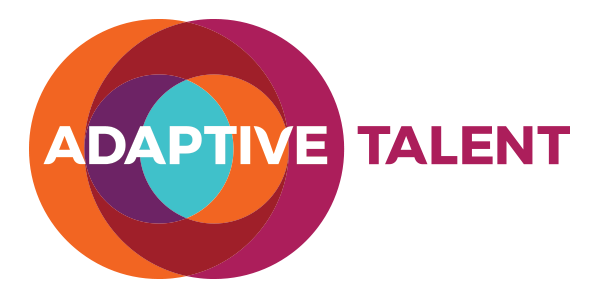I am 100% convinced that social media has the potential to transform the very nature of how organizations create value. When I say social media, I’m including both the consumer platforms like Facebook but also corporate platforms like Jive that facilitate internal and external collaborations. The enabler of all this and everything else, of course, is organizational culture and there’s a new book out called “The Social Organization: How to Use Social Media to Tap the Collective Genius of Your Customers and Employees” that gives some very specific insight into how social can help collaboration in powerful ways.
Check out a quick article in the HBR entitled “People Are Not Your Greatest Asset” for more depth but here are some highlights:
Collective Intelligence
Collective intelligence is the meaningful assembly of relatively small and incremental community contributions into a larger and coherent accumulation of knowledge. Collective intelligence is not new, but the mass collaboration enabled by social media provides it at scales never before possible. Even the most modest individual contributions can be tremendously valuable when meaningfully combined at scale. Wikipedia, YouTube and Flickr are all social Web examples of collective intelligence. Each Wikipedia article by itself is relatively insignificant, but a million articles collected and linked together is highly powerful.
Expertise Location
Expertise location involves seeking and finding specific expertise in the masses of people and the often-staggering amount of available content. One view of expertise location is almost the opposite of collective intelligence. It is “selective intelligence,” where the goal is not to collect numerous small contributions from many, but to find just what is needed. Crowdsourcing is a well-known example of expertise location.
Emergent Structures
Emergent structures are structures such as processes, content categorization, organizational networks and hidden virtual teams that are unknown or unplanned prior to social interactions, but that form naturally as activity progresses. The goal of emergent structures is to gain a better understanding of the true “nature of things” to more effectively organize, guide or interact with a community or its efforts. Social media, applied with transparency, can surface these structures.
Interest Cultivation
Interest cultivation is the forming of communities around a shared interest, with the goal of indirectly deriving enterprise value. Social media facilitates the mass sharing of interests like never before. Enterprises often pursue interest cultivation with the aim of engaging customers to enhance product/service utilization and enjoyment, improve delivery and indirectly spur sales.
Flash Coordination
Flash coordination involves rapidly organizing the activities of a large number of people through fast and short mass-messaging, often spread virally. By effectively employing flash coordination, enterprises can more quickly marshal a powerful and sophisticated response to an important occurrence. We are now seeing the emergence of a new set of business sense-and-respond systems inspired by social-media-enabled flash coordination.
Relationship Leverage
Relationship leverage is the practice of effectively managing and deriving value from a prodigious number of relationships. Relationship leverage strives to maximize the strength of numerous weak ties and the power of unbalanced relationships. Facebook is all about relationship leverage. We can keep numerous people up to date on what we are doing and thinking with minimal effort. We only need to respond to those who choose to interact around something we exposed. We may sacrifice intimacy for scale, but that is the trade-off with relationship leverage.
It’s time for senior leaders to take a step back and look at how well the organization truly creates, acquires, applies, and shares knowledge within and outside of itself for greater impact. Just as we have seen dictators toppled, and industries upended by savvy start-ups, these forms of collaboration give new power to the proverbial David in their battles with Goliath. The question for the leader is which character do they want to be.
—
Adaptive Talent is a talent consultancy designed to help organizations achieve amazing results and ongoing adaptability. Founded in 2008 and based in Vancouver, Canada we offer retained search, assessments, total rewards consulting, training, leadership coaching and development programs, and culture & organizational development consulting.

